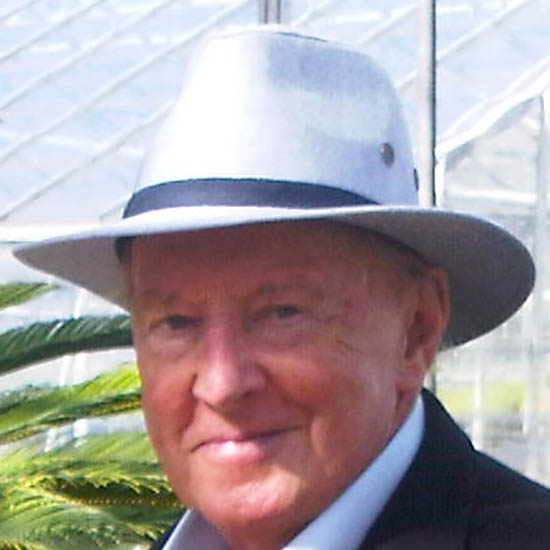William Chaloner was a palaeobotanist whose research uncovered much about the evolution of plant species through the ages. His observations of fossilised plants, pollen and spores shaped modern palaeobotany and contributed to our understanding of how the world must have looked millions of years ago.
William’s interest in fossilised plants arose shortly after the Second World War, when he took classes in geology and botany. He became intrigued by the realisation that studies at the interface of these two fields could tell the story of plant evolution. William’s research into the spore-forming structures of primitive plants called lycopods began in the coalfields and museums of the United Kingdom, before taking him around the world.
His discoveries revealed the distribution of ancient plants and informed current thinking on environmental and geographical changes through the ages — including continental drift. He received the Linnean Medal of the Linnean Society of London, the Lapworth Medal of the Paleontological Association and the Lyell Medal of the Geological Society in recognition of his significant contributions to the field.
Professor William Chaloner FRS died on 13 October 2016.
Subject groups
-
Earth and Environmental Sciences
Geology, Climate sciences
-
Patterns in Populations
Plant sciences / botany

